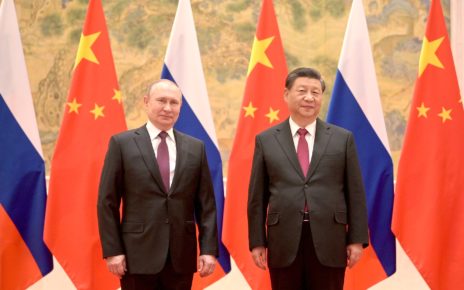The increased prominence of women’s role in society and the workforce has been part of a global phenomenon, yet they still remain a source of unfulfilled economic potential. Despite the vast strides made in women’s rights during the past century, both the developed and developing world are still lagging behind in women’s participation in the workforce.
At the current rate of progress, the World Economic Forum (WEF) estimates it will take until 2133 for there to be economic gender equality in the workforce. Furthermore, according to a recent study by the International Labour Organization (ILO) which looked at labour force participation rates in 178 countries, the global average for women’s participation rates has improved marginally compared to participation rates in the Organization for Economic Co-operation and Development (OECD) countries . The ILO study found a 0.6% improvement in women’s participation rates compared to men over the past 20 years with participation rates 25.5% lower for women than their male counterparts in 2015 as opposed to 26.1% in 1995. This trend is more pronounced in terms of female’s in leadership positions with only 24% of senior management positions filled by women globally and around 5% of Fortune 500 companies having female CEOs.
There are key factors suggesting change is coming, with female graduates now outnumbering male graduates from university in the developed world and female graduation rates increasing worldwide, yet this is not represented in terms of contribution to economic output. Women in the developed world represent a more educated pool of workers which could go towards increasing productivity rates and filling in sections of the labour market that are in disequilibrium and lacking qualified workers.
A recent study by management consulting firm McKinsey looking at 15 gender equality indicators in 95 countries observed a potential economic contribution of USD $ 28 trillion to the global economy if women’s participation rates were equal to that of men. Within the OECD alone, closing the gender gap by 2030 would increase the average GDP of member states by 12% with increases as much as 22% in Italy and 20% in South Korea and Japan.
There is extra imperative for gender equality in countries with ageing populations, like Japan with a birthrate of 1.4 children per woman, to address the expected decline in GDP output. Nonetheless, barriers remain in terms of adapting workplace structure and culture to make the workforce more accessible for women and help them balance professional and family needs in order to encourage higher turnout. Although advancements in technology have helped reduce the time needed for traditionally female centric domestic work and given women the liberty of delaying marriage with the advent of contraception, workplace gender equality is still bogged down by existing corporate hierarchical structures.
Women are often faced with the choice following professional aspirations or starting their families with there being a lack of child care support and options for maternity leave in most countries. Lack of family support means women either must spend less time with their children in order to dedicate time for professional gains or must delay their career development by working part time or taking on less responsibilities. With companies preferring to promote those with ample experience and flexibility, this proves to be an obstacle for increasing the number of women holding senior positions.
Data has shown the gender wage gap in the US is far narrower for women who do not have children but increases for married women with children and even more so for single mothers. Ironically, the failure or governments and companies to provide family support measures pressures more women to work in order to sustain their standards of living due to high child care costs, but also inhibits their professional development. Moreover, in countries like Japan or South Korea with projected population declines, it is especially important for women to have accessible child support in order to promote childbearing and to allow them to make up for lost economic productivity as a result of a shrinking population.
As countries set out to meet the UN’s “Planet 50-50 by 2030” goal of eliminating gender inequality by 2030, the actions of countries such as Germany, which provides some of the lengthiest maternity leaves and allowances will be closely monitored by countries looking to catch up. Though the movement for gender equality has been effective and should be celebrated, there is still long ways to go until humanity is able to achieve its fullest potential.




